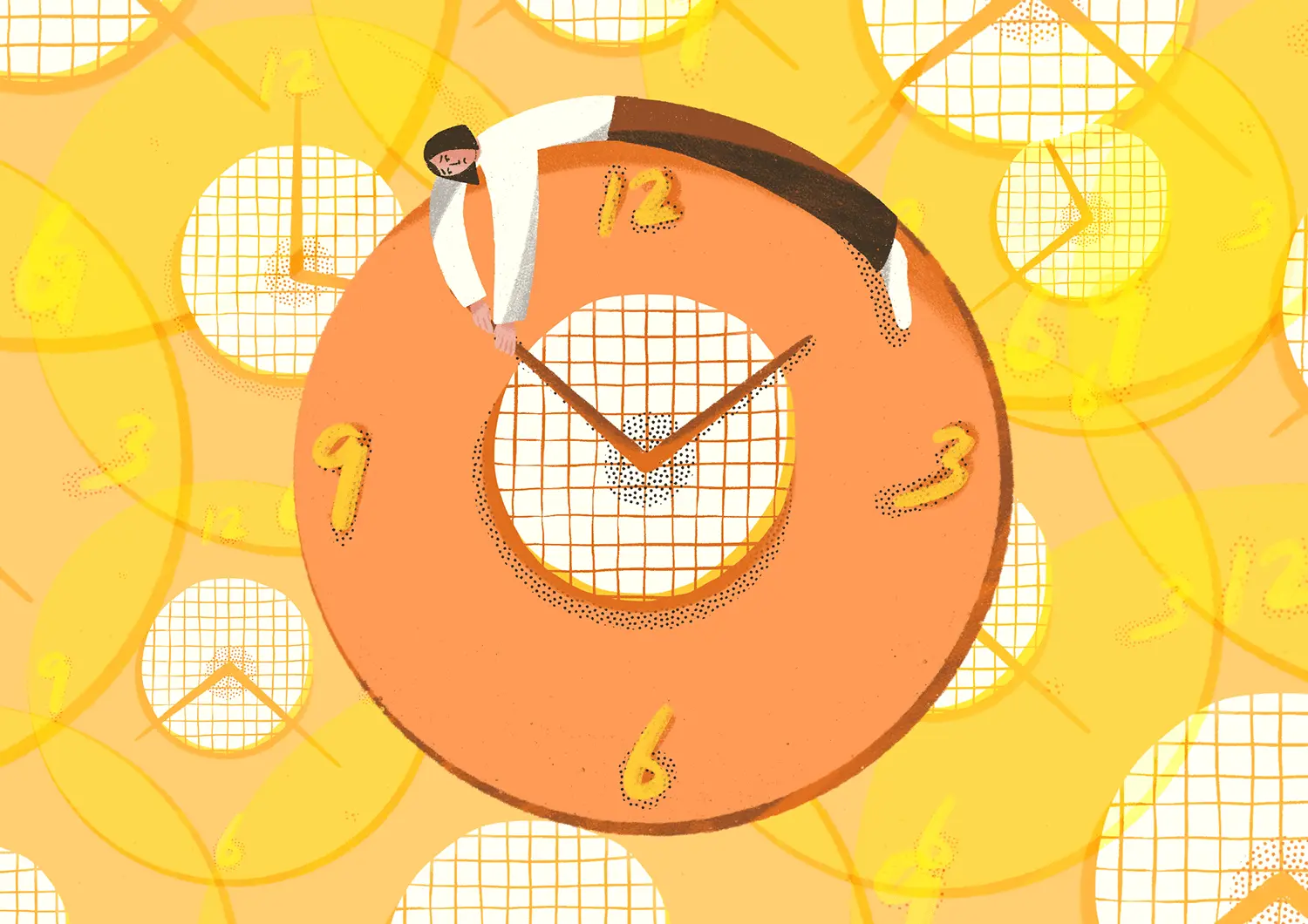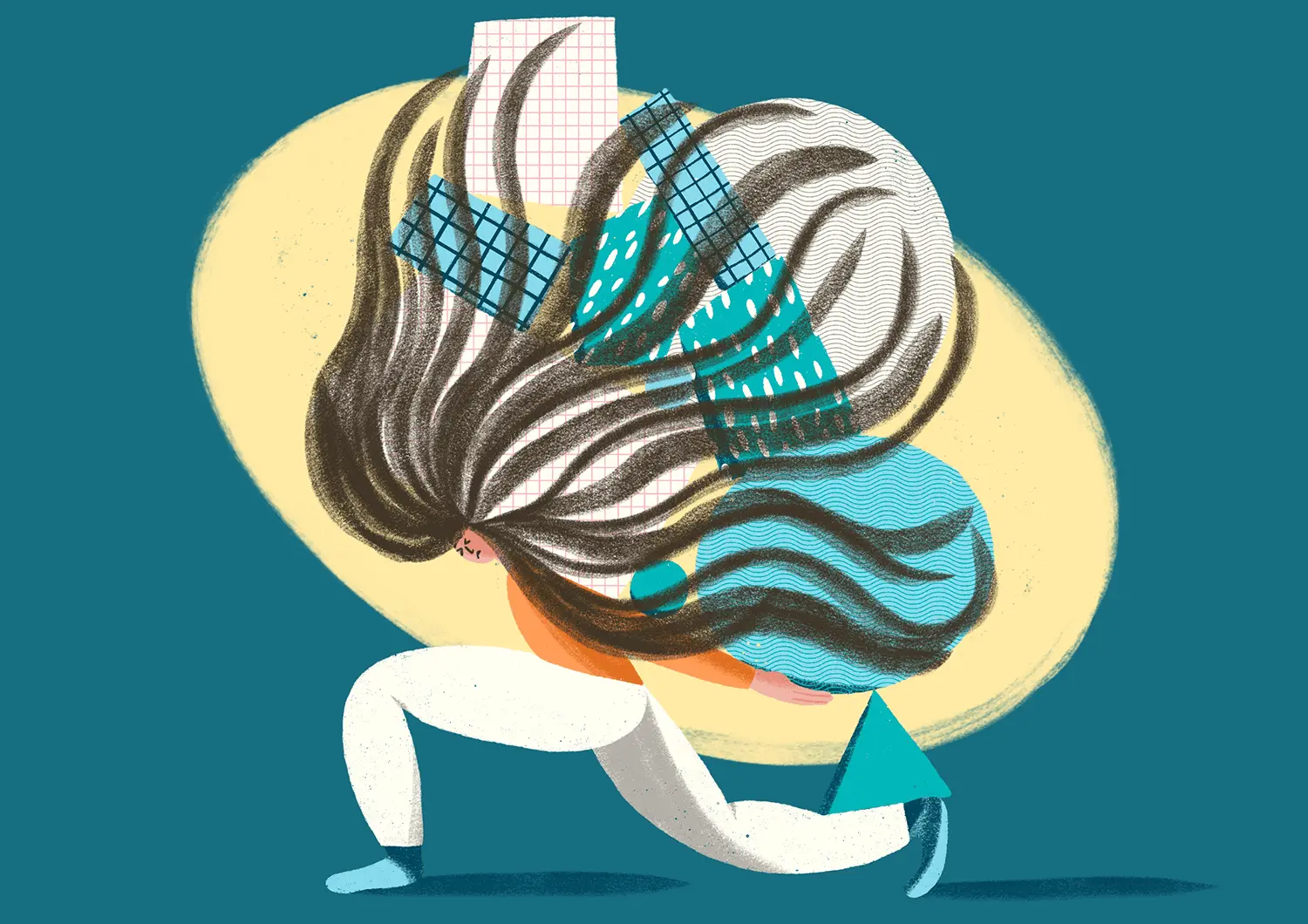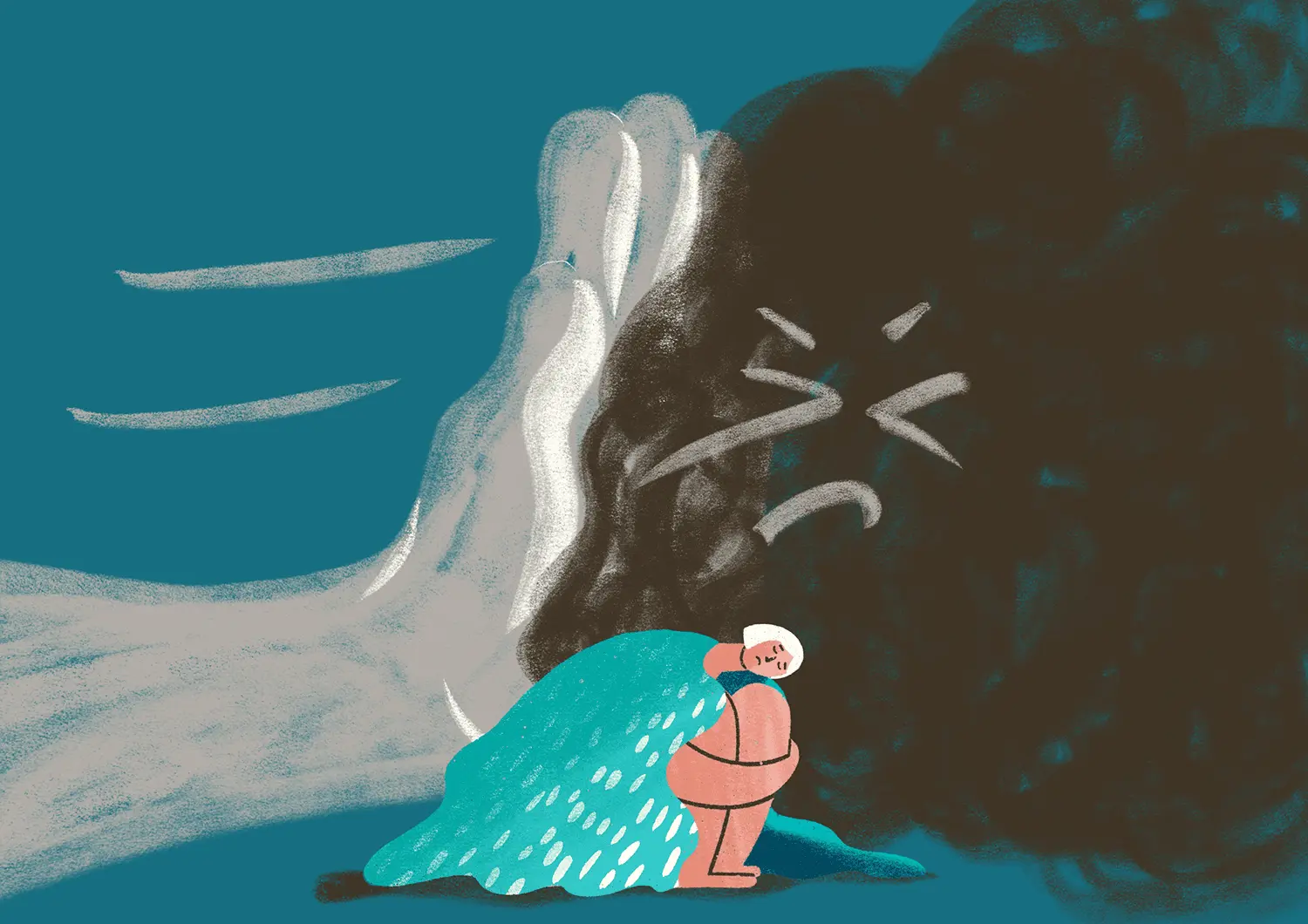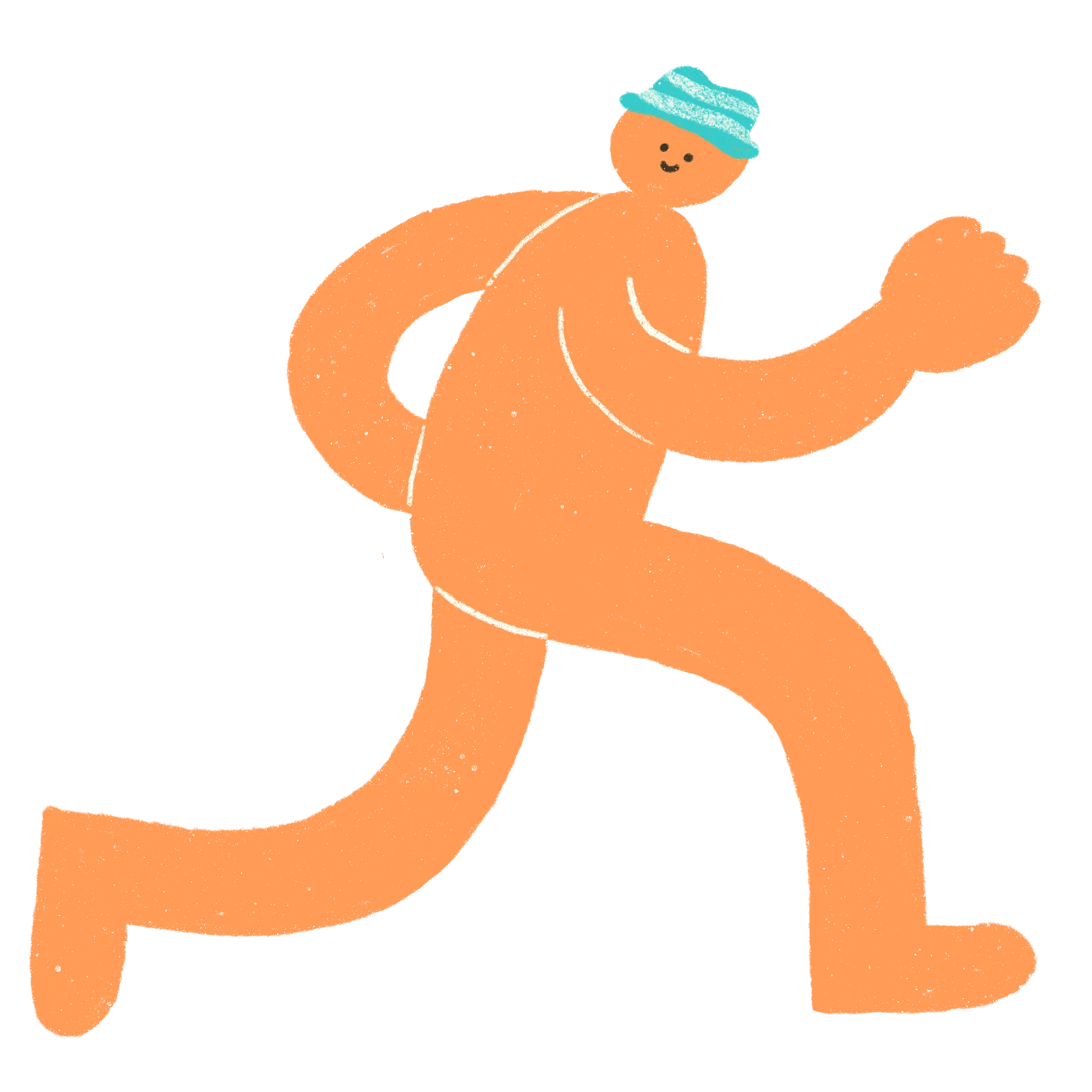
In the hearts of today's urban dwellers, procrastination is a familiar scene. It's like that paper we aimed to complete weeks ago or that intriguing class we yearned to join in ages past. Have you ever pondered upon this phenomenon? What is it that compels us to postpone tasks we're well aware of, turning them into heavy weights upon our souls?
Procrastination is often defined as the voluntary and unnecessary delay in the start or completion of important and intended tasks despite recognising there will be harmful consequences for oneself and others for doing so.
Dr. Tim Pychyl, identified seven main reasons that make us prone to procrastination:
- Feeling bored
- Feeling frustrated (for instance, when facing repetitive tasks like data entry or organizing documents)
- Feeling overwhelmed by difficulty
- Feeling uncertain due to ambiguity (such as a lack of clear steps)
- Feeling disorganized
- Lacking intrinsic motivation (not finding it enjoyable)
- Not perceiving personal rewards
We reached out to individuals from diverse backgrounds to hear their perspectives on procrastination:
D., a university counseling student, shared:
"Procrastination often happens when you postpone important assignments because you don't feel confident in doing them well. It can go on for weeks. However, it's not a comfortable form of relaxation because deep down, I know there's something pending."
K., who works in information technology, expressed:
"It's sometimes hard for me to distinguish between avoidance and procrastination. Let's say we have a challenging task to complete today. If there's an easier task available, I might do that first, using it as an excuse to delay the difficult one."
A., engaged in multimedia creation, explained:
"The tasks themselves aren't necessarily difficult, like paying taxes or sending an email for a refund. If they are genuinely challenging, I tend to be a perfectionist and want to be thoroughly prepared before starting. But regardless of the difficulty level, the more I postpone, the more daunting it becomes, and the less motivated I feel to tackle it."

Fleeing from Threats: Unveiling the Roots of Procrastination
Does procrastination indicate a lack of concern or indifference towards tasks? Not at all. In certain cases, when things appear exceedingly difficult, our brain perceives them as threats, triggering procrastination as a protective mechanism. When confronted with crisis and stress, our brain activates the Fight or Flight Response, where we either confront the challenge head-on or seek to evade the stress altogether.
Let's take an example: Imagine having to complete a crucial paper before your upcoming annual leave. The looming deadline generates feelings of anxiety and discomfort, causing your brain to perceive it as a threat. In response, procrastination may arise as one of the ways your brain reacts. When confronted with a demanding task, the amygdala, responsible for emotions and threat detection, releases stress hormones like adrenaline, triggering the fear response. As a result, the prefrontal cortex, responsible for rational thinking and emotional regulation, gets suppressed, hindering long-term decision-making and emotional control.
Interestingly, individuals who consider themselves chronic procrastinators tend to have a larger amount of gray matter in the amygdala region. This indicates that they are more sensitive to the potential consequences of their actions, which, in turn, can evoke emotions and potentially contribute to procrastination.

Several academics who have extensively studied procrastination hold the belief that, contrary to popular belief linking it to poor time management, procrastination is, in fact, a consequence of ineffective mood management.
A study revealed that individuals were more inclined to postpone tasks they deemed stressful or challenging. Interestingly, as they procrastinated, the perceived difficulty of the tasks grew. During the study, when students received reminders to study throughout the day, these reminders did not cause distress while they were already studying. However, when they were procrastinating, the reminders triggered significant stress, making it even more difficult for them to initiate their study sessions.
The researchers identified a strong link between negative thinking and procrastination. It suggests that procrastination may be driven by negative emotions and feelings.
How to develop the habit of overcoming procrastination?

Begin with your emotions:
- Uncover the underlying emotions: Take a moment to reflect on why you tend to procrastinate. For instance, if you find yourself scrolling through Instagram or reading trivial threads instead of catching up on a class, ask yourself why. While these activities may provide temporary emotional relief, you might also experience remorse afterwards. Delve deeper into the emotions and thoughts driving your behavior, and identify what you are trying to avoid.
- Journal about the reasons causing stress and procrastination, and carefully outline strategies to address them.
- Cultivate self-compassion: Instead of criticizing yourself for procrastinating, recognize the value in accepting, facing, and understanding the emotions underlying your procrastination. Research indicates that self-compassion enables us to better plan for the future and overcome the challenges posed by procrastination.

Start by taking action:
- Plan your daily tasks in advance to reduce decision fatigue.
- Flip the script on the seven factors that contribute to procrastination: If you find yourself procrastinating due to mundane tasks, inject some fun and excitement into them. Look for ways to make the "boring" work more enjoyable, such as listening to your favorite music or turning it into a game. When faced with vague work instructions, take the initiative to create clear and specific steps for the task. Break down the work into smaller, more manageable chunks, making it easier to get started and progress gradually.
- Create a focused work environment by turning on the "Do Not Disturb" mode and taking breaks from social media and messaging during dedicated work periods.
- Use the Eisenhower Matrix to prioritize tasks - divide all your tasks into four categories and prioritize them based on their urgency and importance:
- Tasks that are both urgent and significant need immediate attention.
- Tasks that are important but not urgent (contribute to long-term goals and personal values).
- Tasks that are urgent but not important (usually stem from external requests or sudden situations, but may not align with personal goals).
- Tasks that are neither urgent nor important (hold little significance to personal goals and values), and should be minimized to free up time.
Whether your goals are big or small, the key lies in taking action. It is through action that the possibilities unfold and dreams come to life. By consciously adjusting our emotions and behaviors, we can make steady progress in overcoming procrastination.

